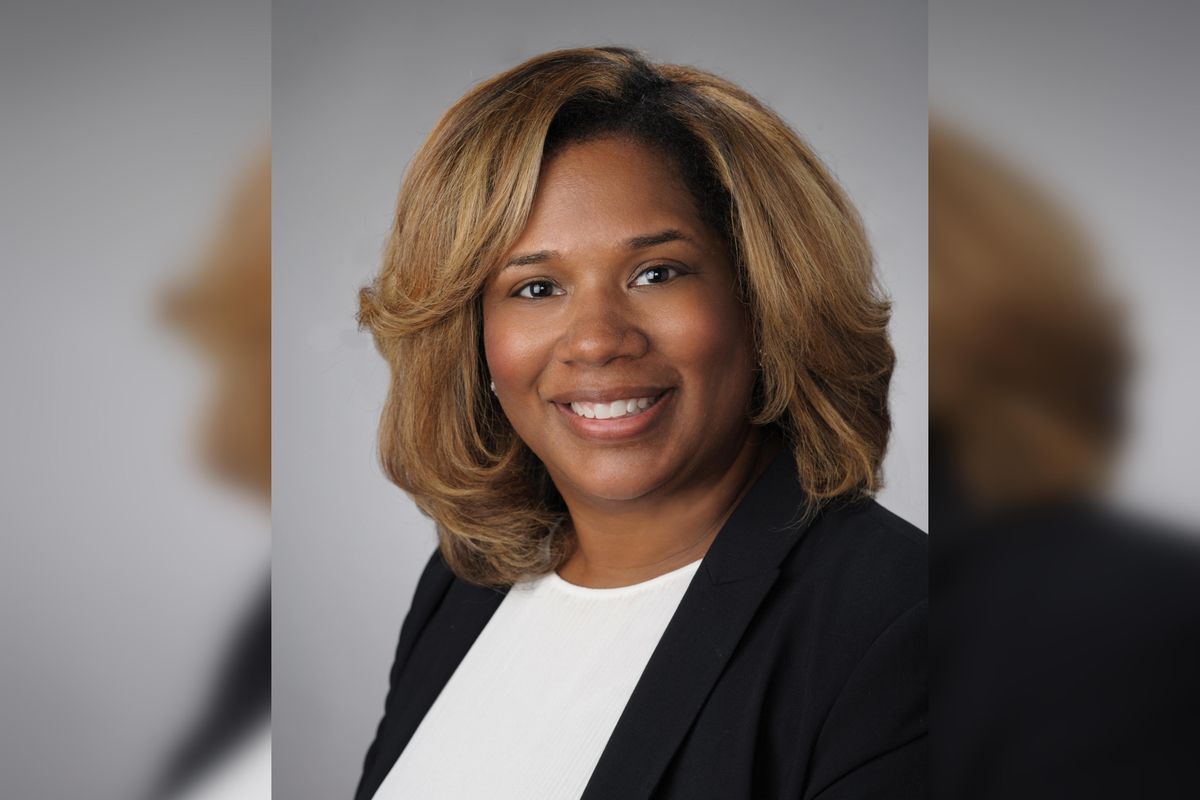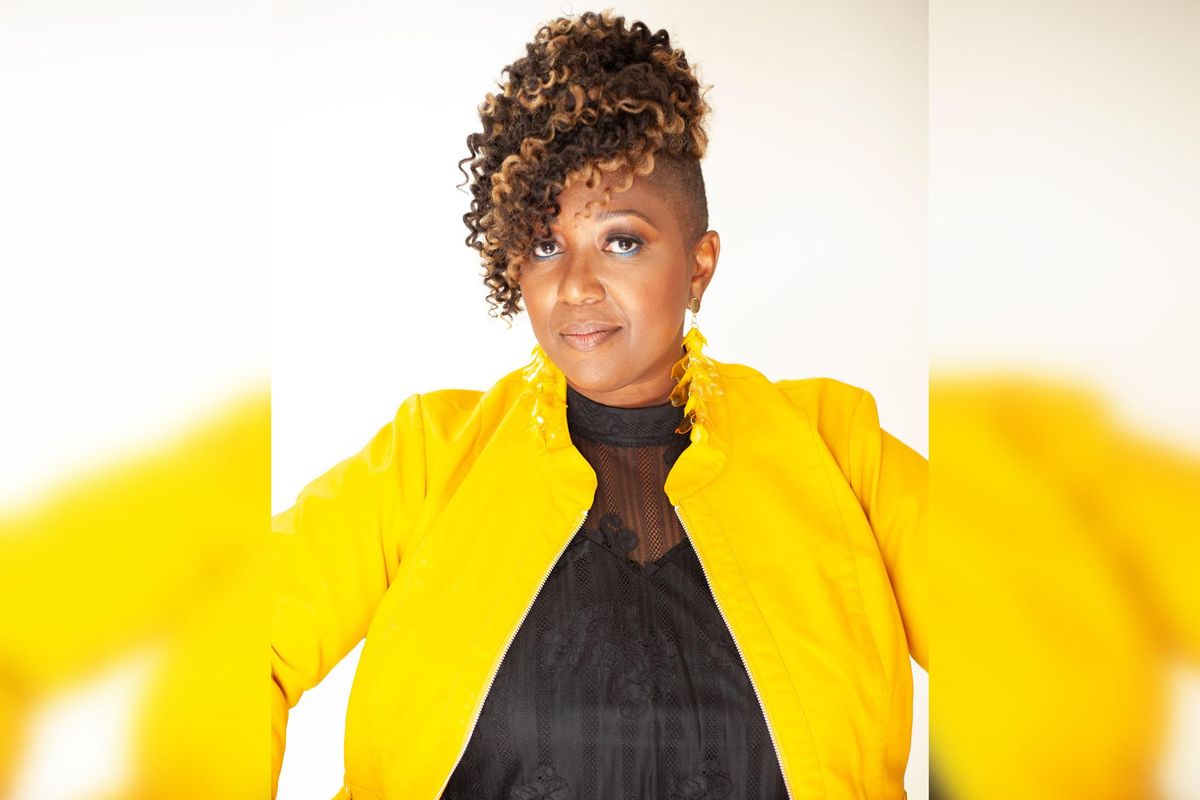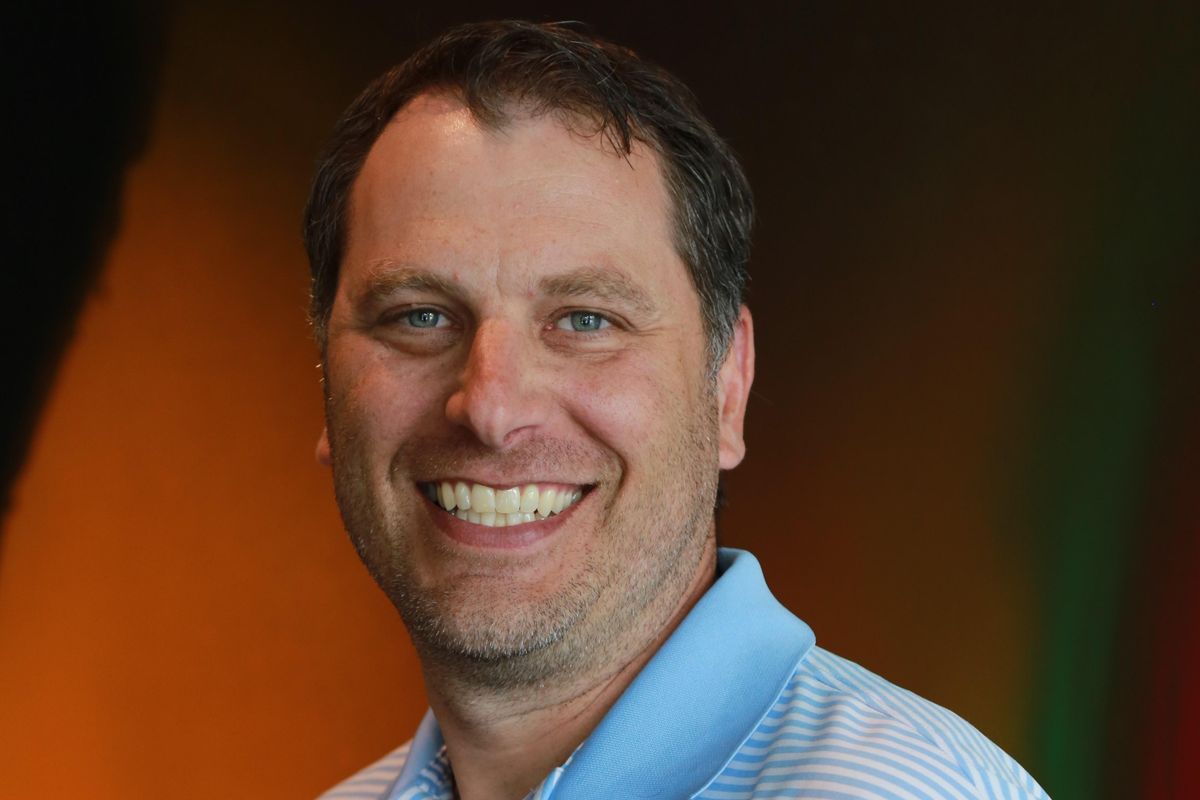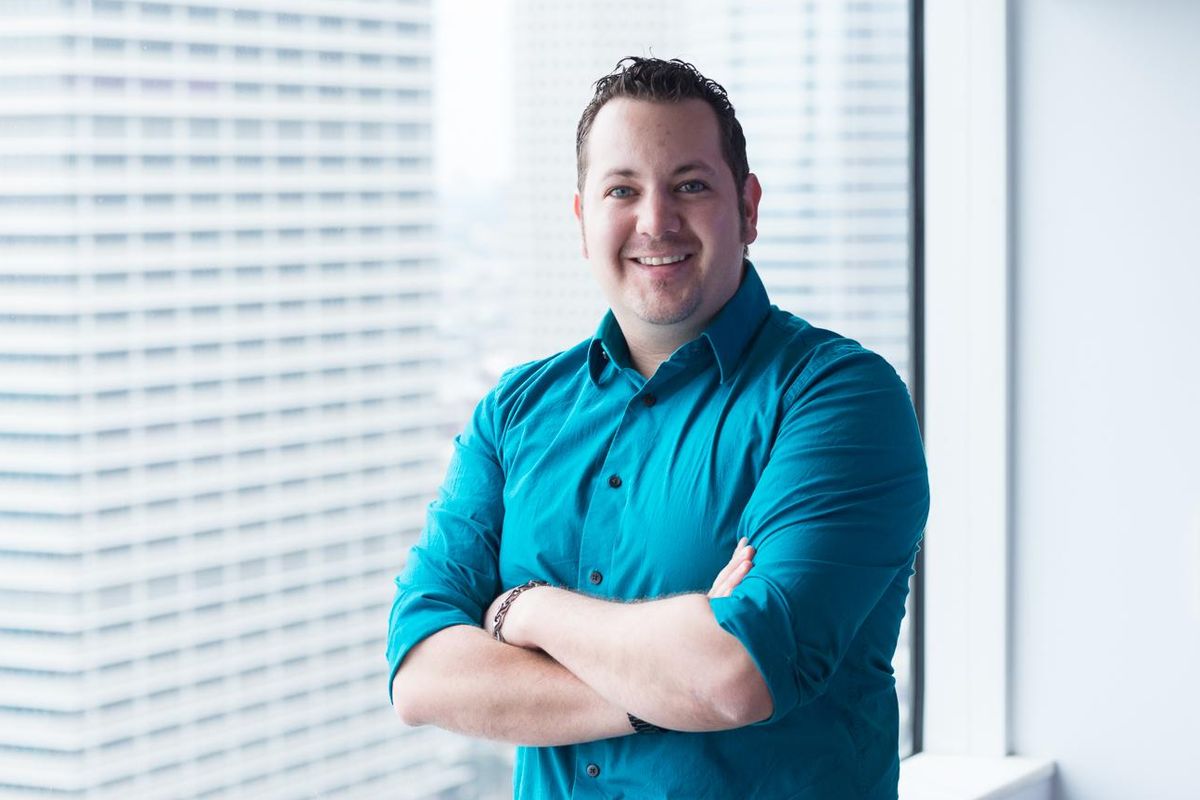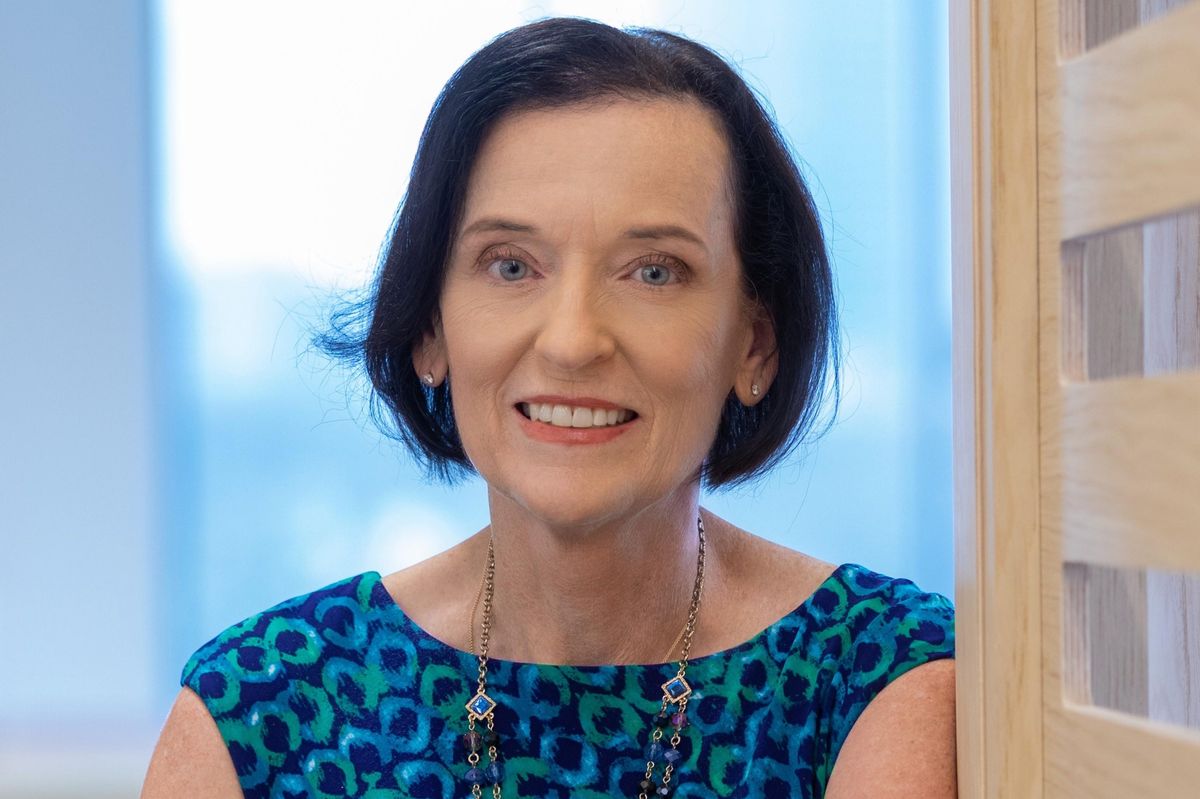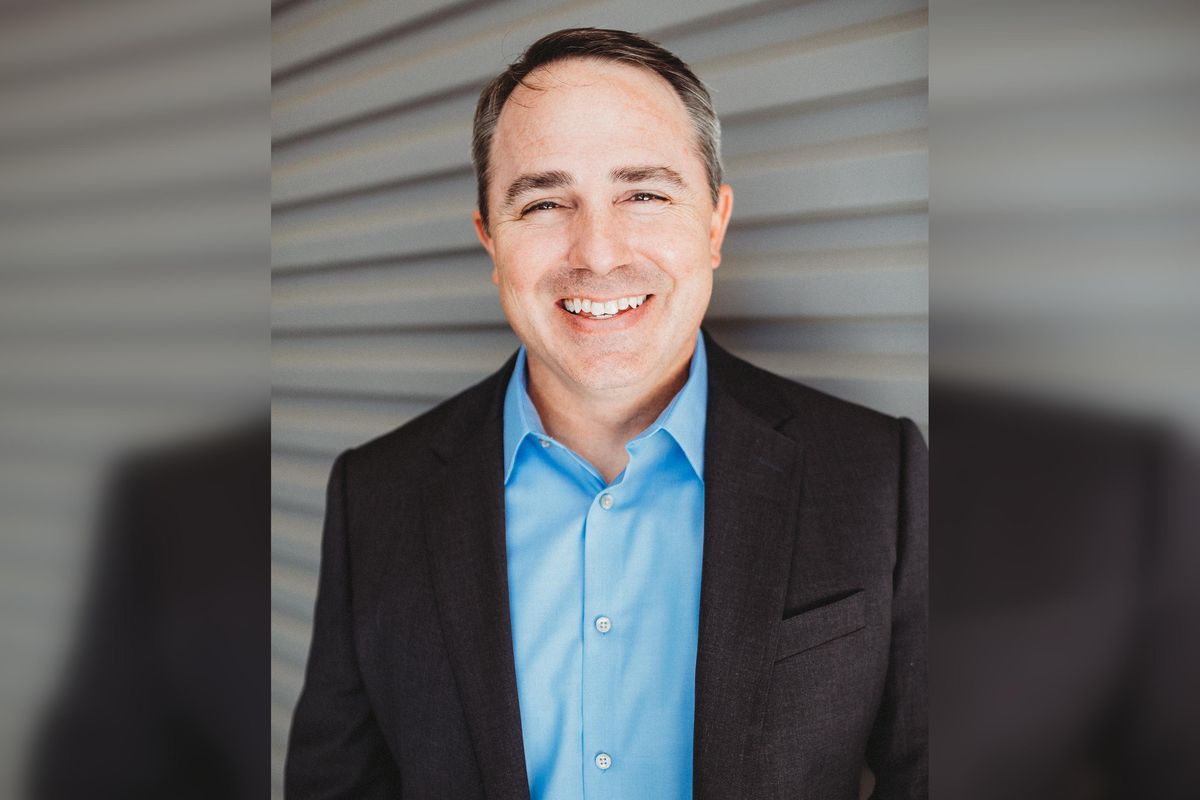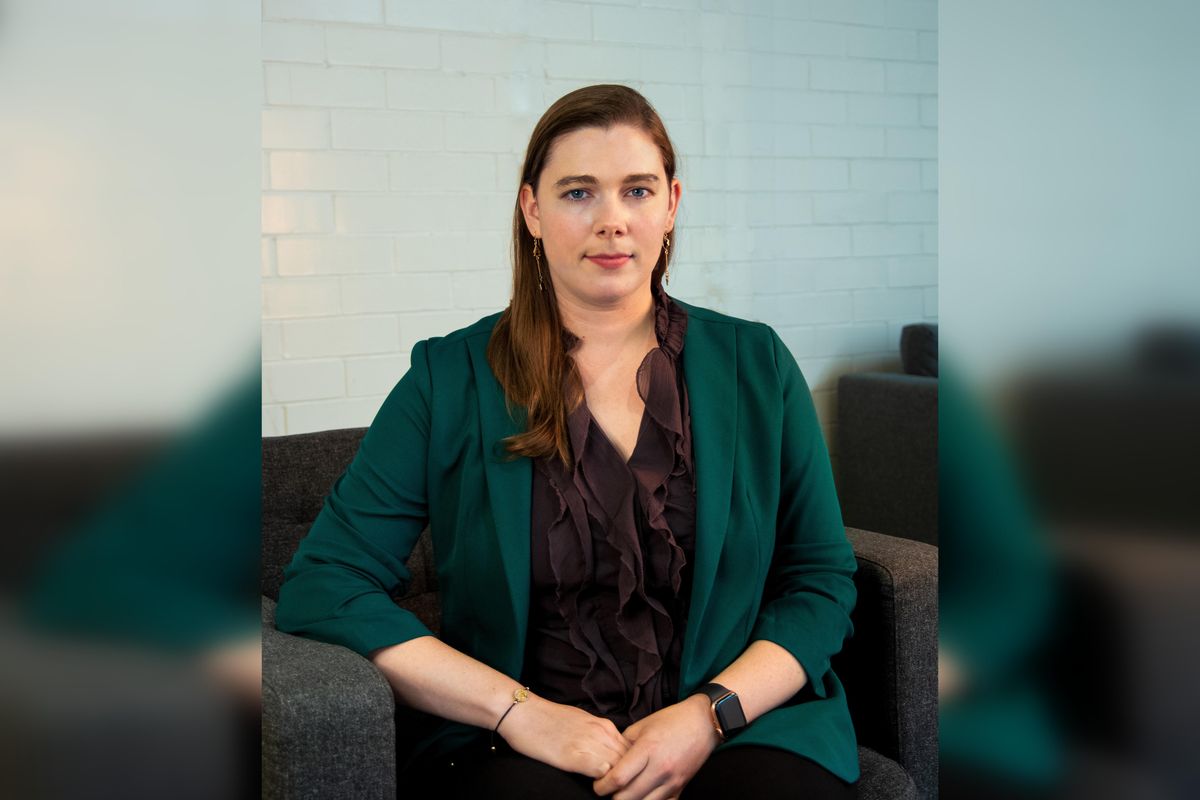3 Houston startups join accelerators, PE-backed biz names new execs, and more innovation news
short stories
It's been a busy month so far with plenty of Houston startup news, major ecosystem events, and more — and there might be some headlines you may have missed.
In this roundup of short stories within Houston startups and tech, three startups join three different accelerator programs, a Houston innovator publishes a book, and a PE-backed tech company makes changes to its C-suite.
Rivalry Tech snags spot in Comcast NBCUniversal SportsTech Accelerator

Rivalry Tech, the parent company for stadium mobile ordering platform sEATz, was selected for a prestigious program. Photo via rivalrytech.com
A Houston-based startup has been selected for the third cohort for the Comcast NBCUniversal SportsTech Accelerator. Rivalry Tech, a software company that provides mobile ordering technology platform sEATz to stadiums, is one of 10 startups in the program.
The new cohort was selected from over 920 applicants across 40 countries. The six-month program — expanded from its previous 12-week format — allows access to access to leaders and decision makers from across the partner consortium, including NBC Sports, Sky Sports, Comcast Spectacor, Golf, NASCAR, WWE, PGA TOUR, U.S. Ski & Snowboard, USA Swimming, and USA Cycling.
Since the first class in 2021, SportsTech startup alumni have participated in 90 pilots, partnerships, and commercial deals with consortium partners.
"Our alumni from the first two classes of the Comcast NBCUniversal SportsTech accelerator continue to display a prowess for delivering impactful technology while unlocking new revenue opportunities, and I look forward to seeing what powerful innovations and unique partnerships emerge from this year’s program,” says Jenna Kurath, vice president of Startup Partnerships and Head of Comcast NBCUniversal SportsTech, in a news release. "As we evaluated how to bring even more value to our startups and SportsTech partners, a clear need emerged - more time collaborating to tackle complex business challenges. The new six-month format creates additional space for focused testing and experimentation with a curriculum designed for business refinement while allowing the enterprise-ready startups we've selected to continue serving their existing customers.”
PE-backed HungerRush names new execs

HungerRush has a handful of new execs. Photo via Getty Images
Houston-based HungerRush, a cloud software provider for the restaurant industry, announced new leaders within its C-suite. The company, recently backed by New York City-based private equity firm Corsair Capital New York City-based private equity firm Corsair Capital, announced three new executives.
- David Tabachnick has been named CFO. He joins the company from Acoustic where he most recently served as CAO. He brings more than 20 years’ experience to his new role as CFO, including extensive private equity experience through Vista Equity Partners.
- Patrick Hughes joins as vice president of finance. He will focus on emphasizing longstanding partnerships, reporting, automation, and environment of controls and advise on growth paths for HungerRush. With more than 15 years’ experience in both accounting and FP&A, he excels in high growth environments focused on technology advancements.
- Jim DaBroi has been appointed COO. He has more than 25 years of experience in developing and growing customer support operations for various SaaS and payments companies. In his role at HungerRush he will be focused on leading the deployment and installations of customer success and technical support efforts.
- Ashishh Desai has been named vice president of independent operators sales following the company's acquisition of Menufy acquisition. He was previously a co-founder of Kansas City-based Menufy, an industry-leading online food ordering platform acquired in October 2021 and will continue to build and grow HungerRush’s I/O sector.
“We are excited to attract this caliber of world-class Fintech and PE-based talent with the addition of David and Patrick, who together will be key to our rapid growth strategy. In addition, the appointments of Jim and Ashishh bring deep experience in SaaS, payments and sales to our team that is unmatched," says HungerRush CEO Perry Turbes in a news release. "With our now robust leadership team, we will continue to accelerate our commitment to elevate the restaurant technology space and meet the evolving needs of our customers to help them achieve their own goals in the restaurant industry.”
Heroshe named to nonprofit accelerator's spring cohort

The Heroshe team will participate in a hybrid accelerator program. Photo via heroshe.com
A Houston-based tech startup called Heroshe has joined Virgina-based hybrid accelerator Lighthouse Labs for their spring 2023 cohort. Heroshe, according to its website, is a purpose-driven technology company solving the problem of access to global commerce for African businesses.
"We are on a mission to bridge the commerce gap, simplify imports and empower Africans to access global markets," reads the website.
Its eleventh year, Lighthouse Labs, a nonprofit organization, named eight companies to its Batch 14, which begins March 13 in Richmond, Virginia, and ends with Demo Day on May 23.
“This cohort’s companies offer bold solutions to address current-day problems in industries ranging from logistics to cybersecurity, health/wellness to retail, and real estate to software,” says Paul Nolde, managing executive director at Lighthouse Labs, in a news release. “This group of startups represents the best of innovation and entrepreneurship across the Commonwealth and beyond.”
Around 200 companies applied and were evaluated. Of the applications, 49 moved forward to the first round of reviews, and 17 participated in interviews. All companies will receive $20,000 in equity-free funding, participate in weekly educational programming, get mentorship from Lighthouse’s extensive mentor network, and connect directly with local partners and investors.
Houston innovator publishes first book

Kara Branch's book is available on Amazon. Image via Amazon
A Houston innovator — an award-winning one at that — has published a book Kara Branch is the CEO of Black Girls Do Engineer, an organization on a mission to inspire future women in science, technology, engineering, and mathematics.She released her first book, “What is S.T.E.M.?”
"Many are familiar with the acronym S.T.E.M. but don’t necessarily understand what the term means," reads the book's description. "This book will help you understand what is S.T.E.M. and introduce you to S.T.E.M. careers that falls under each letter."
IncentiFind finds spot in growth-focused program

IncentiFind was selected for a new program. Photo courtesy of IncentiFind
IncentiFind, a Houston-based startup that helps the real estate industry find grant opportunities, has joined Chicago-based Moderne Ventures' inaugural "Passport Class," which is a six-month program providing its participants education, exposure, insight, and relationships to drive customer growth.
"Unlike a traditional accelerator, Moderne Passport is a comprehensive industry immersion program that helps companies of all stages – seed through pre-IPO – hone their go-to-market strategies in the real estate sector, build relationships with industry leaders and execute pilot programs and customer relationships with some of the largest companies in the world," says Carolyn Kwon, Moderne Passport director, in a news release.
IncentiFind, founded by Natalie Goodman, is one of six companies selected for the first batch of startups. Moderne Ventures is a venture capital firm focused on the industries of real estate, finance, insurance, ESG, and home services.
"Moderne most often looks outside its industries to find technologies that can be applicable within them," says Constance Freedman, founder and managing partner at Moderne Ventures. "This latest Passport cohort was curated to include innovative solutions that are highly applicable to some of our industry's most pressing challenges. We look forward to helping these companies optimize their products and services and connect with partners in the Moderne Network who can benefit most from them."












